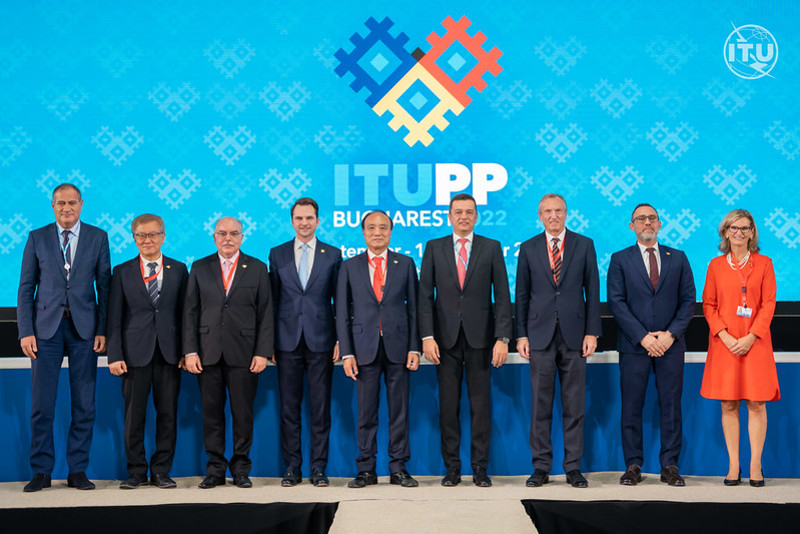The International Telecommunications Union (ITU), the UN body responsible for setting global communications standards, will elect its new leader this week—a decision that could shape the future of the internet.
Catch-up: The ITU is made up of 193 member nations and 900 sector members and is responsible for lots of things, including standards regarding internet connectivity.
- The ITU plays a role in determining everything from what you can see on your browser to how much streamers can charge you to watch your fave shows.
Driving the news: Two candidates are vying for the role of the ITU’s General Secretary on diametrically opposed platforms: American Doreen Bogdan-Martin and Russian Rashid Ismailov.
- Bogdan-Martin says she supports an internet that is free and interoperable (meaning Internet users around the world can readily and easily exchange information).
- Ismailov wants to expand the ITU’s control over the internet and give member states more power to regulate how the internet works inside their own countries.
Why it matters: The winner could determine whether the relatively decentralized internet we know today remains the norm, or whether the internet begins to splinter into various regional, state-directed internets (like China’s).
Yes, but: Some argue that the dream of an interoperable internet is already dead and the splintering is already happening.
- The Council for Foreign Affairs said as much in a report this year proclaiming “the era of the global internet is over” as countries like Russia and China create their own internets while other countries, including India and Ethiopia, use internet shutdowns to control the flow of information in their borders.
What’s next: Experts are cautiously optimistic Bogdan-Martin will win given Russia’s recent track record at the UN, but there are no guarantees—the UN is no stranger to behind-the-scenes dealing, and less democratic countries will find much to like in Ismailov’s platform.
